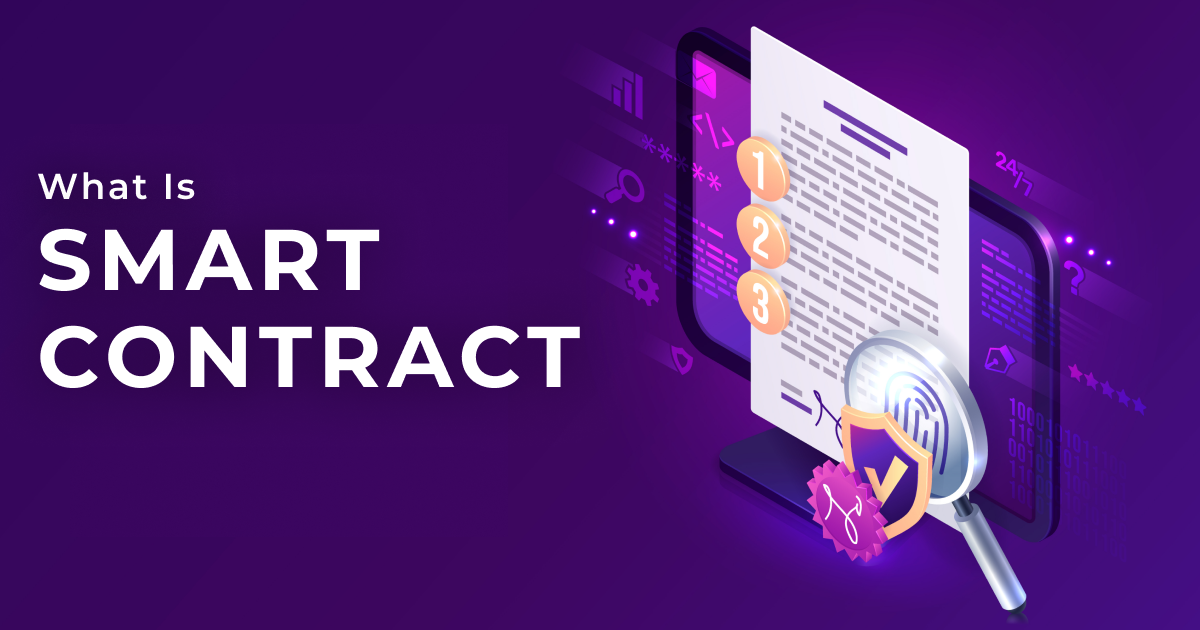
Decoding the Future: Understanding Smart Contracts in the World of Cryptocurrency
27th February 2024 | 2 minutes read
Embark on a journey into the innovative landscape of cryptocurrency, where the evolution of contracts meets the brilliance of technology. In this blog post, we unravel the concept of smart contracts – the self-executing agreements that are reshaping the way transactions occur in the digital realm. Join us as we explore the power and potential of smart contracts, making complex processes simple and secure.
The Birth of Smart Contracts
In the traditional world of contracts, parties rely on intermediaries and legal frameworks to ensure agreements are honored. Smart contracts, however, introduce a revolutionary approach by automating the execution of contractual clauses through code and blockchain technology.
What is a Smart Contract?
A smart contract is a self-executing computer program that runs on a blockchain. It contains predefined rules and conditions that, when met, automatically trigger and execute the terms of the contract without the need for intermediaries. Smart contracts are immutable, transparent, and secure.
How Smart Contracts Work – A Code-Based Agreement
Explore the mechanics behind smart contracts. When parties agree on the terms of a contract, those terms are translated into code and deployed on a blockchain. The code is executed automatically when the specified conditions are met, ensuring a trustless and efficient process.
Example of a Smart Contract – Token Transactions on Ethereum
Consider the example of a token sale on the Ethereum blockchain. A smart contract is created to define the rules of the sale, such as the price per token and the total supply. Participants send cryptocurrency to the smart contract address, and in return, the smart contract automatically distributes the corresponding amount of tokens.
Advantages of Smart Contracts – Efficiency and Security
Delve into the benefits of smart contracts. They eliminate the need for intermediaries, reduce the risk of fraud, and streamline processes. The transparency and immutability of blockchain ensure that once a smart contract is deployed, its code and execution are visible and tamper-proof.
Challenges and Future of Smart Contracts
Discuss the challenges, including potential vulnerabilities and the need for thorough code auditing. Explore ongoing developments in the smart contract space, such as the integration of oracles for real-world data and the expansion into decentralized finance (DeFi) applications.
As we conclude our exploration of smart contracts, envision a future where agreements are executed seamlessly, transparently, and without the need for intermediaries. Smart contracts represent a paradigm shift in the way we approach and fulfill contractual obligations.